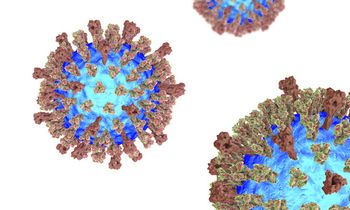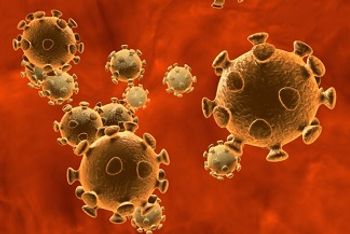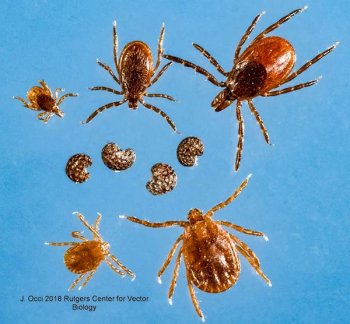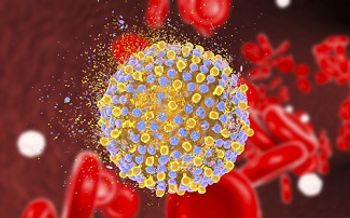
There is a new treatment for this old disease, so why are we still worried?

The NIH has begun a phase 1 trial assessing the safety of rZIKV/D4Δ30-713, a Zika virus vaccine.

Over 400 individuals have been infected with Cyclospora across 15 states in an outbreak linked to McDonald’s salads.

A recent molecular study has confirmed the causative agent involved in a large epidemic of Rocky Mountain spotted fever in humans and dogs in Mexicali, in Baja California, Mexico.

We’re rounded up a list of recalls issued by the US Food and Drug Administration (FDA) from this past week.

Stay up-to-date on the latest infectious disease news by checking out our top 5 articles of the week.

A total of 107 cases of measles has been reported thus far this year in the United States and the District of Columbia, underscoring the importance of vaccination.

New research from Johns Hopkins reveals that 2 genes, CMPK2 and BCLG, are selectively activated in the presence of type 1 interferon.

While communicable HFMD is more prevalent in children, there has been an increase in individuals of all ages, making awareness regarding recognition, diagnosing, and treatment imperative.

Candidemia is a significant risk factor for C difficile infection in hospital patients.

Use of ibalizumab in combination with other HIV treatment could be an effective option for adults with advanced drug-resistant HIV.

A phase 3 trial has met its primary endpoint, showing a similar efficacy of a once-a-month injectable 2DR of cabotegravir and rilpivirine compared to daily, oral 3DR.

Since its implementation in December 2016, use of a ceftolozane-tazobactam order set at Marin General Hospital has advanced antimicrobial stewardship efforts.

A 2-week old Ebola outbreak in the DRC has already surpassed the previous outbreak

The results of a study published by JAMA Internal Medicine are a call to action for cities facing homelessness crises.

A new report from researchers at the Centers for Disease Control and Prevention details the investigational use of a drug to treat Chagas disease now available commercially in the United States.

The CDC now recommends that men who have been exposed to Zika use condoms or abstain from sex for 3 months to prevent sexual transmission of Zika.

The PDUFA action date has been set for February 13, 2019.

As health care services move into the outpatient setting, is infection control being overlooked?

Several outbreaks of mumps in university settings throughout Indiana in 2016 highlight a need for standardized immunization record collection and a third MMR vaccination dose for individuals at increased risk of infection.

Small studies show good outcomes for previously uninfected recipients who receive kidneys from donors infected with hepatitis.

We’re rounded up a list of recalls issued by the US Food and Drug Administration (FDA) from this past week.

Stay up-to-date on the latest infectious disease news by checking out our top 5 articles of the week.

In addition to over 100 cases across the country, the first case of WNV infection for 2018 was just reported in Contagion®’s home base of New Jersey.

The method uses genetic sequencing to pinpoint the source of new infections following a community intervention, therefore measuring the impact of the intervention.

A species of tick that is native to Australia, New Zealand, and eastern Asia, has been springing up in several US states this summer.

Investigators who evaluated the death of a 78-year-old man following a blood transfusion say there’s little that could have been done to prevent the infection.

NIH researchers discovered that norovirus and rotavirus can be transmitted through cloaked viral clusters which exacerbate the spread and severity of disease.

The FDA approves tafenoquine tablets for the prevention of malaria in patients aged 18 and older.

The combination of direct-acting antiviral agents glecaprevir/pibrentasvir (G/P), sofosbuvir, and ribavirin is now approved for new patient populations.